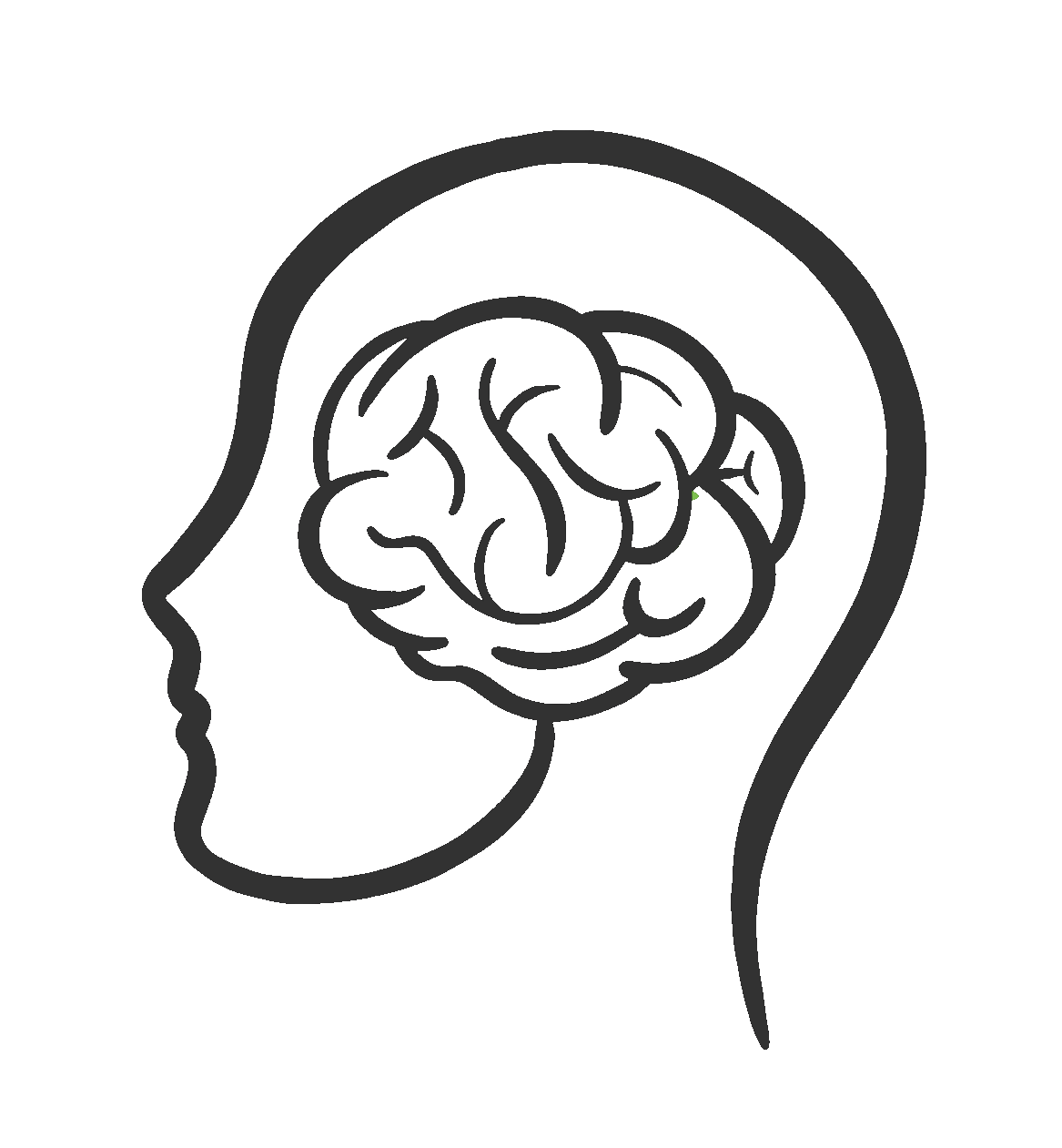Anxiety: Foe, Friend, Frenemy?
- Tim Rawson
- Apr 1, 2025
- 3 min read

Anxiety can feel like a constant companion, showing up unexpectedly, often when we least need it. But what if it’s not as much of an enemy as we think? What if anxiety is actually trying to protect us? Let’s explore how anxiety works, how it can sometimes get in the way, and how we can change our relationship with it, rather than fighting it.
Understanding Anxiety: Your Body's Natural Alarm System
Anxiety is something we all feel from time to time. It’s a normal and natural reaction to stressful or uncertain situations. Think of it as your body’s built-in alarm system, designed to keep you safe. When your brain senses a possible threat, it sets off the "fight or flight" response to help you react quickly.
The Fight or Flight Response
The fight or flight response is your body’s way of preparing you to either face a challenge (fight) or get away from it (flight). This response has helped humans survive for millions of years. When it kicks in, your body goes through some big changes:
· Your heart beats faster to send more oxygen to your muscles.
· You start breathing quickly to take in extra oxygen.
· Stress hormones like adrenaline and cortisol are released.
· Blood moves away from your stomach to your muscles, helping you react faster.
· You become more alert and focused.
Even though these feelings can be uncomfortable, they’re actually helpful in real emergencies—like if you need to slam on the brakes to avoid a car accident. Your body is just trying to protect you!
Anxiety—Helping or Hindering?
Anxiety itself isn’t the problem—it’s actually trying to help us, keeping us prepared and alert in case something dangerous happens. It’s like a well-meaning friend who’s always giving unsolicited advice. But how we respond to it makes all the difference. If we see anxiety as something dangerous or unbearable, we might try to push it away or avoid situations that trigger it. This can stop us from doing things that matter, like speaking up in class, going to social events, or trying something new. The more we avoid anxiety, the more powerful it seems, making it even harder to face in the future.
A Different Approach: Changing How We Relate to Anxiety
Instead of trying to get rid of anxiety (which often makes it feel even stronger), Acceptance and Commitment Therapy (ACT) offers a different approach. ACT teaches us to change how we relate to anxiety—rather than fighting it, we can learn to make space for it, allowing us to focus on what truly matters.
Some ACT strategies that can help include:
· Mindfulness: Noticing anxious thoughts and feelings without getting caught up in them.
· Defusion: Recognizing that thoughts are just thoughts—you don’t have to believe or act on them.
· Acceptance: Making room for anxiety instead of struggling against it.
· Values: Identifying what’s important to you and taking action, even when anxiety is present.
By practicing these skills, you can learn to handle anxiety in a way that doesn’t control your life. Anxiety isn’t the enemy—it’s just a part of being human. With self-kindness and a willingness to sit with discomfort, you can build a life that feels rich and meaningful, even when things feel uncertain.
If you're ready to try these strategies and embrace anxiety as a part of your life, start with small steps and be patient with yourself. Over time, you can change your relationship with anxiety and live a more fulfilling life. If you feel you need extra support, BetterSpace Wellbeing Clinic is here to guide you every step of the way. Don’t hesitate to reach out!







Comments